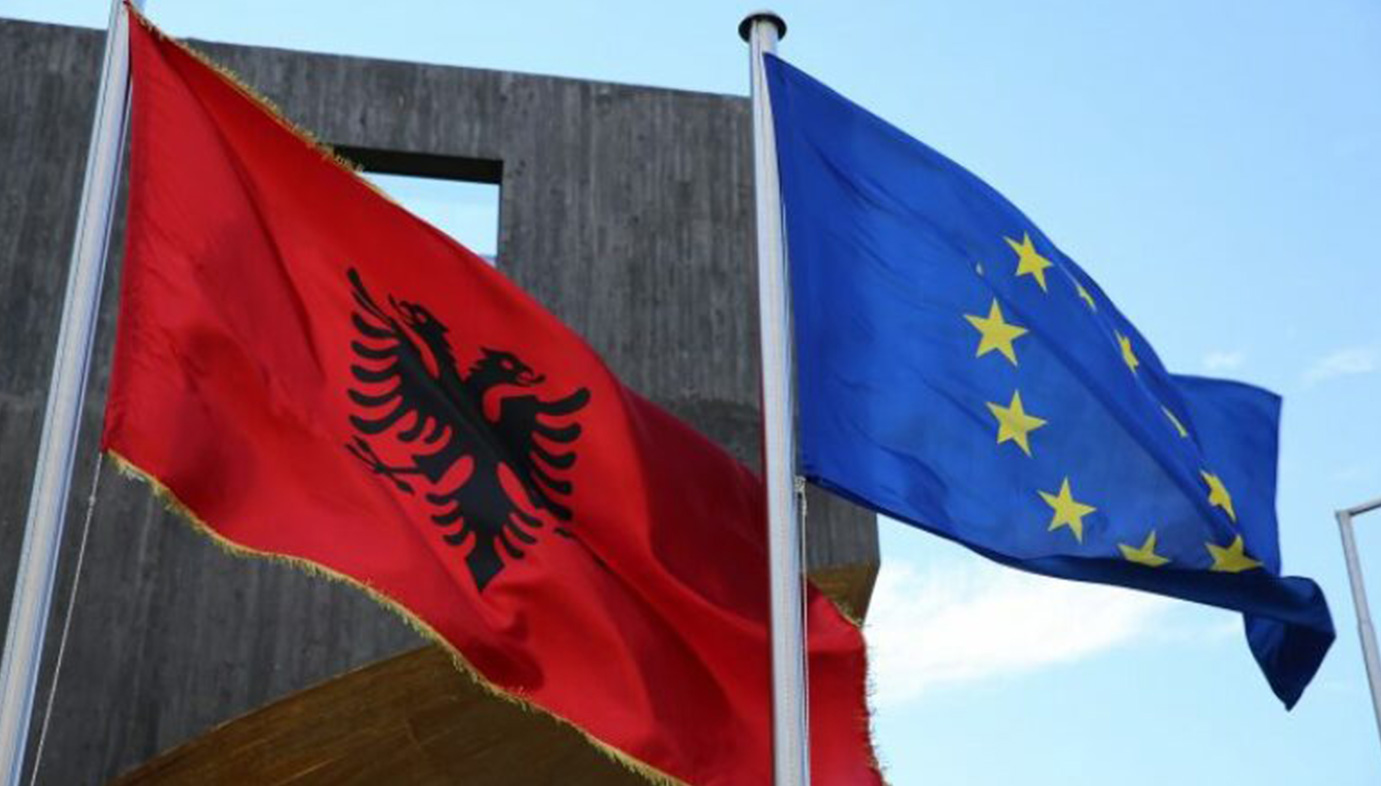

Praised for aligning with EU and slammed for disregarding the country’s own Constitutional Court
Albania has moved forward on its EU path in December 2024, opening the sixth cluster at the third Intergovernmental Conference with the EU. While the country’s negotiating position for both clusters opened thus far remains a government secret, the EU made public its own common position on both chapters of this cluster. And it is from this source that we learned about the closing benchmarks for chapters 30 – alignment with EU rules on FDI screening, and an inventory of international agreements together with an action plan to bringing these agreements into conformity with the acquis from the day of accession; and chapter 31 – alignment with EU guidelines on arrangements between state parties to the Rome Statute and the US, on conditions of persons’ surrender to the Court.
This week, on December 17th the Council adopted conclusions on enlargement which underline the importance of EU enlargement and its ability to integrate new members, on the one hand, and urge the accession countries to take ownership and demonstrate bold political will regarding EU accession reforms, on the other.
The Council praises Albania for continued implementation of the justice reform, and the good results of SPAK – the Special Structure against Corruption and Organized Crime for successfully prosecuting high-level corruption and organized crime networks. Furthermore, the Council “strongly commends Albania for its consistent cooperation on foreign policy issues and in particular its steadfast and long-standing full alignment with the EU CFSP, including on EU restrictive measures – a strong signal of Albania’s strategic commitment to its EU path”.
While Albania has always delivered on regional cooperation issues and alignment with EU’s foreign policy, from an internal reforms perspective the country has been constantly challenged by political polarisation and lack of constructive political dialogue which, as the Council’s conclusions underline, remain crucial for progress on EU-related reforms.
With regard to the findings of the EC report and response to very recent developments, there are two key developments on which the Council’s conclusions for Albania articulate serious concerns. The first one relates to an unprecedented act, which has been caused by the Parliament’s refusal to implement the decisions of the Constitutional Court regarding the mandate of ex-Foreign Minister Olta Xhacka. “The Council reiterates that binding decisions of the Constitutional Court should be fully respected and implemented“, read the Council’s conclusions on the matter.
Secondly, the Council “notes with concern that no progress was made on media freedom and freedom of expression” and urges Albania “to step up its efforts to strengthen media independence and pluralism by increasing the transparency of media ownership and ensuring a safe and secure environment for journalists”. These are extremely important concerns which have been raised by Albanian civil society for over five years now as EC’s country reports have unsuccessfully urged the government to act upon them. Albania’s ambition for accelerated integration reforms and the promise for reversing the democratic decline do not match the Parliament’s refusal to implement Constitutional Court decisions so as to shield a ruling majority’s MP. The country needs to remain strongly anchored in rule of law and other key democratic principles such as accountability, transparency, participation and freedom of expression.